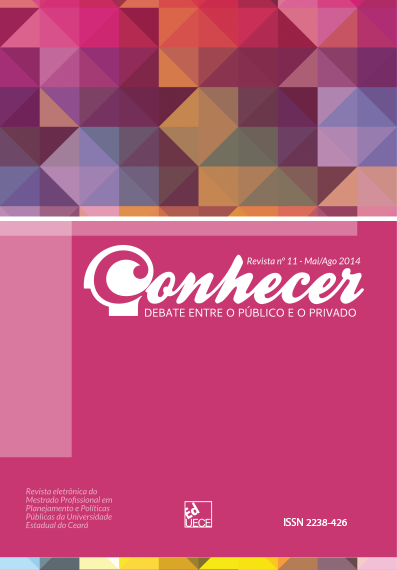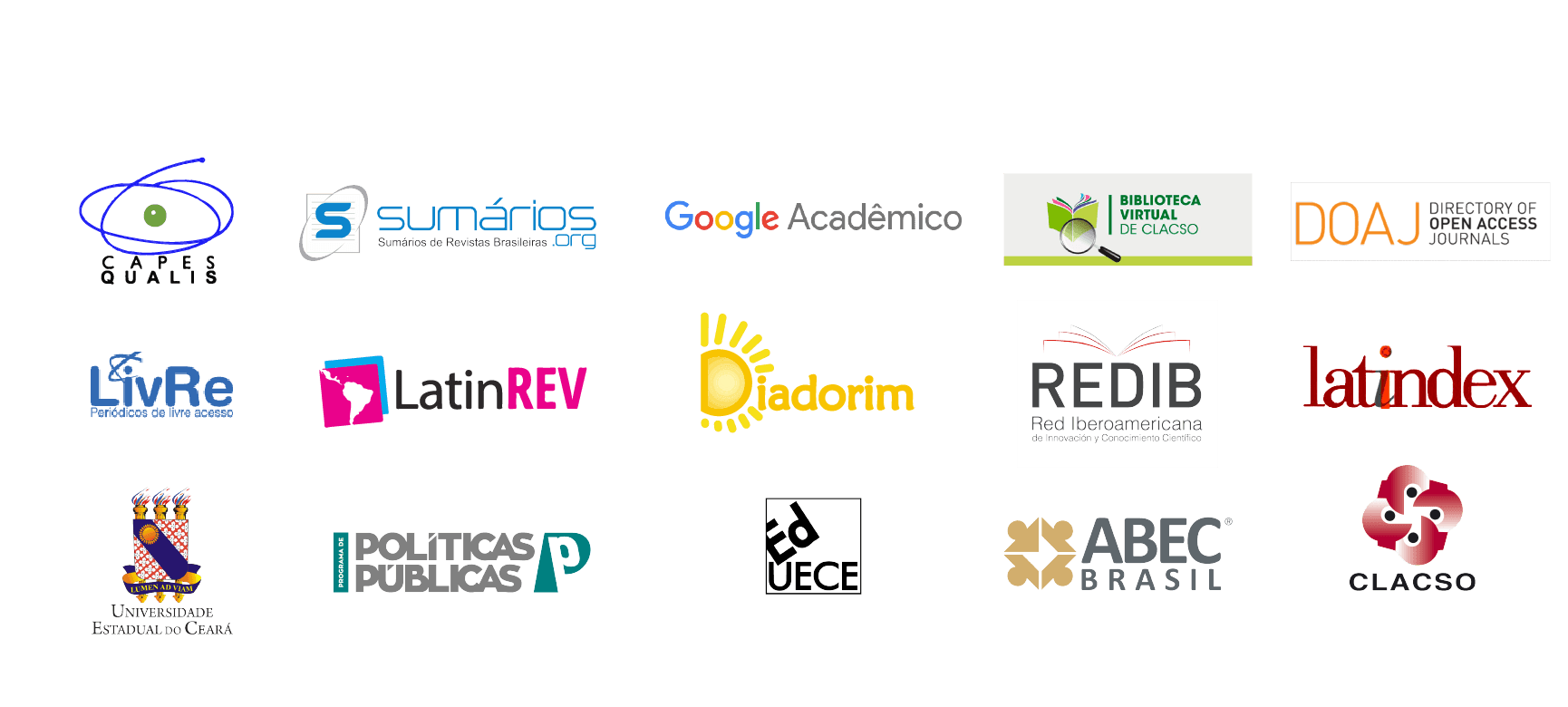Electronic Lawsuit:
virtualization public policy of the judiciary
Keywords:
Virtualization, The Brazilian Judiciary Body public policy, EfficienAbstract
The policy of virtualization formulated by The Brazilian National Council of Justice consist in the use of the internet in the processing of lawsuits by making the process accessible at any place and at any desired time. Although this policy has been already adopted singly by some segments of the Brazilian Judiciary Body, the great innovation has been the use of one unique operational system by all Brazilian Judiciary Body: Electronic Judicial Lawsuit (PJe). This system have an implementation methodology to be followed by those who want to adopt it, being this process of implementation of the policy of virtualization of the object of analysis of the research. The general objective of this discourse is the analysis of the virtualization of the public policy, denominated as Electronic Judicial Lawsuit, in the Federal Justice in the State of Ceará/Brazil. Following the comprehensive methodology by Max Weber, the ideal types were defined in relation to the two phases of the process of implementation of the referred objective of this research and,from this, it has been analyzed the experience of the Brazilian Federal Justice from the years of 2009 to 2012 with regards to the new system. The Brazilian Electronic Judicial Lawsuits are in constantly being updating according to the necessities of the jurisdictional sectors. It is concluded that the formulation of public policy by the Brazilian Judiciary Body is indispensable to the difficulties faced along the process of implementation of the PJe, and be it the first step in the long way to go to make the Brazilian Judiciary Body faster, transparent and accessible to all, without any distinctions.
Downloads
Downloads
Published
How to Cite
Issue
Section
License
Authors who publish in this journal agree with the following terms:
- Authors retain the copyright and grant the journal the right of first publication, and the study is simultaneously licensed under the Creative Commons Attribution License, which allows sharing the study by acknowledging authorship and initial publication in this journal.



